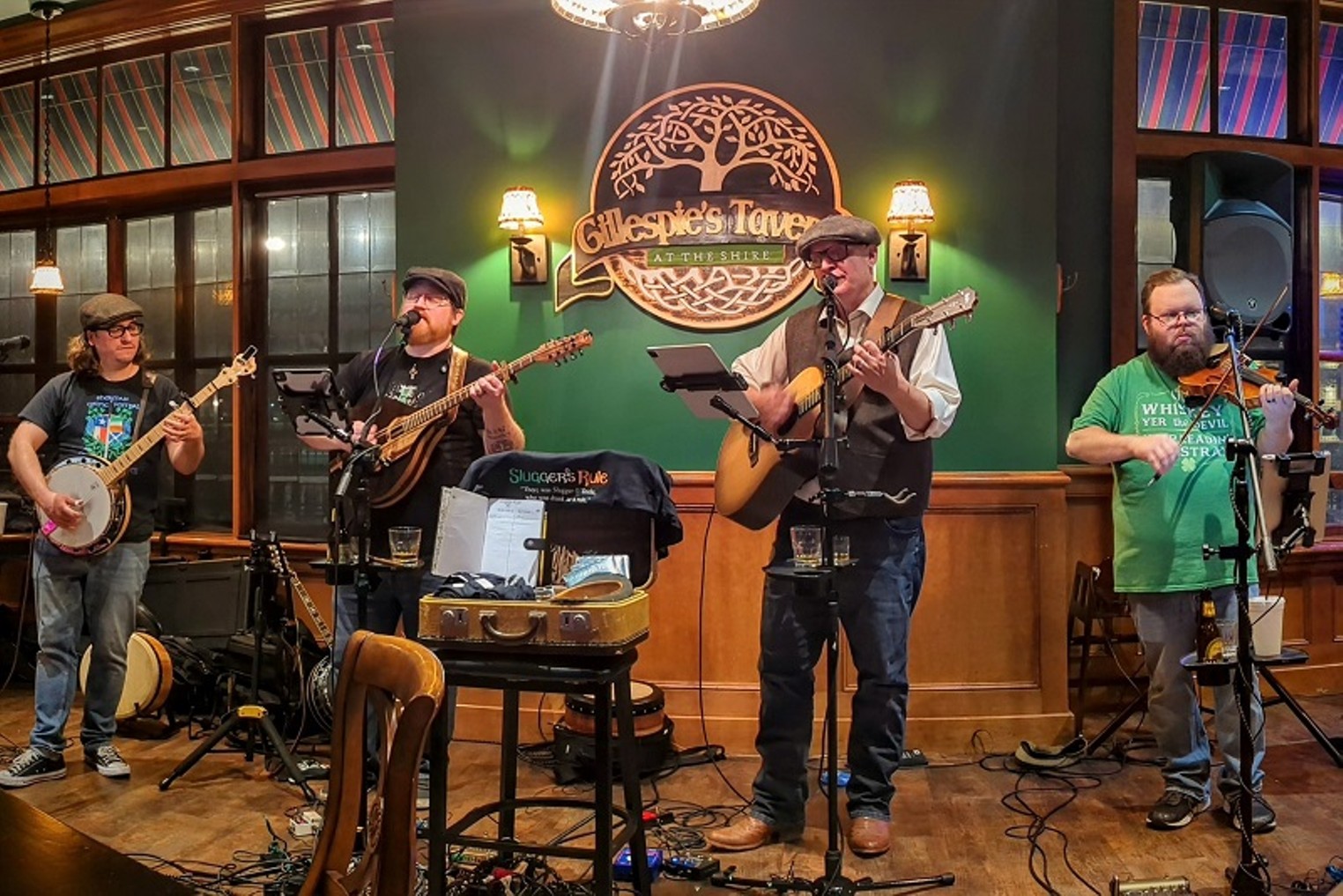
Celebrity Chef Mario Batali’s Nerve-Wracking Legal Rollercoaster
After several years of a nerve-wracking legal rollercoaster that cost him his reputation and career, celebrity chef Mario Batali is finally out of legal hot water. Earlier last week, Batali was found not guilty of indecent assault and battery after a quick bench trial. To those not familiar with this term – bench trial means that the defendant waives the right to have a jury trial and chooses the judge to hear the case and determine the question of guilt.
Mario Batali’s case was a typical “he said, she said” scenario, which often comes up in sex crime prosecutions. In these sorts of cases, oftentimes there are not too many ways to verify what actually happened. When there are no eyewitnesses and not too many independent sources of information, the case boils down to which side is more credible.
Unlike the common belief and contrary to the court of public opinion, the mere fact of the accusation does not mean the defendant is guilty. This is what a trial is for. However, an allegation of misconduct will always result in an investigation and the accused will often be prosecuted. In a case like this, when the defendant is a public figure, they will suffer negative consequences regardless of the outcome, usually reputational and financial.
That Mr. Batali opted for a bench trial is no coincidence at all. It was a smart legal strategy that paid off. There are advantages and disadvantages of a bench trial.
From a defendant’s perspective, there are several important considerations in favor of a trial by a single judge. One is that the case will move much faster. You don’t have to select a jury, deal with jury instructions, which take up a significant amount of time. Another reason, perhaps much more important, is that in some criminal cases the defendant will simply look bad and will be generally disliked just by virtue of being a criminal defendant. In these cases, jurors may have a difficult time being neutral and objective. After all, jurors are humans and they are emotional, more emotional about some issues over the others. It is a great risk for the defendant who might think that a judge, being a professional, could be more objective and would actually focus on relevant information while dismissing emotional but irrelevant facts. Finally, there is always a concern that jurors either would not understand complex rules of law or would simply ignore them. There is less of a concern of this type with a judge.
For these reasons, many defendants in the “he said, she said” type of sexual misconduct cases considers waiving the right to a jury trial in favor of a bench trial. Of course, this strategy may backfire, but luckily for Batali, it did work in his case. His accuser testified that he touched her without her consent while posing for selfies at a restaurant in Boston in 2017. She also filed a civil lawsuit against the chef. This, according to the defense, gave her a reason to lie, as she would stand to gain financially if Batali would be convicted. Batali’s defense lawyer attacked the woman’s credibility and the judge agreed. The case could very well go the other way had it been tried by a jury.
Had he been convicted, Batali faced prison time and would have to register as a sex offender. With the worst behind him, Batali has still paid the steep price as he has lost his TV show and the stake in his business as the result of the allegations of sexual misconduct. His legal issues are not entirely over yet as the civil suit against him is still pending. It is unlikely that Batali’s accuser will drop it. Most likely, the case will go forward, although it would be more difficult to succeed now that the criminal charges have been dismissed.
Norman Spencer is a federal criminal defense lawyer based in New York City.






















































